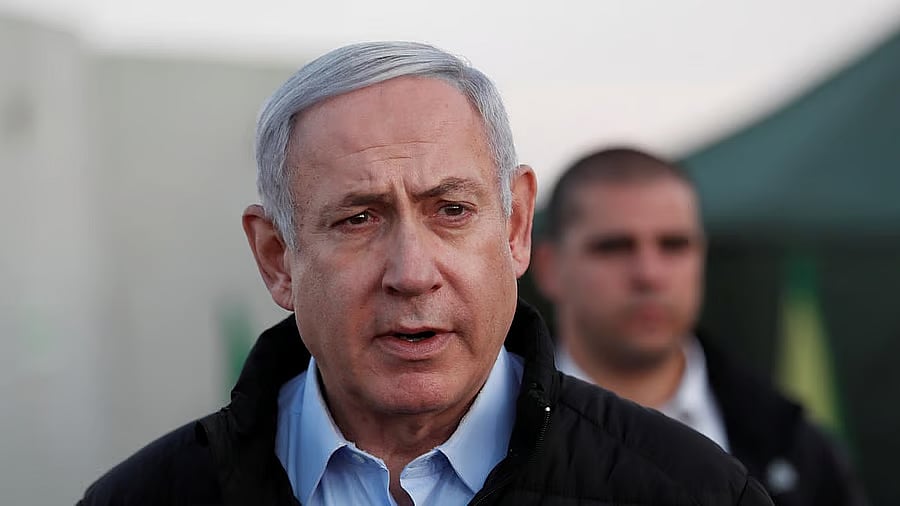
Israeli Prime Minister Benjamin Netanyahu.
Credit: Reuters File Photo
Jerusalem: When Benjamin Netanyahu, the Israeli prime minister, led the country to a military victory over Iran in June, both his allies and rivals portrayed it as his finest achievement.
Flush with newfound confidence and authority, Netanyahu seemed finally to have gained the political capital he needed to override opposition from his far-right government allies to reach a truce in the Gaza Strip.
Six weeks later, the prime minister has squandered that moment. The talks between Hamas and Israel are, once again, stuck. Israel is now pushing for a deal to end the war in one go, instead of in phases.
But like Hamas, Netanyahu has refused to make the compromises needed for such a deal to work — and the credit that he accrued in June has evaporated, both domestically and overseas.
International condemnation of the growing starvation in Gaza, which aid agencies and many foreign government have largely blamed on Israel’s 11-week blockade on the territory this year, is at its peak. Partly to protest Israel’s responsibility for that situation, several long-standing allies of Israel have pledged to recognise a Palestinian state in the near future.
Domestic opposition to the war in Gaza is at an all-time high, and calls are growing for the remaining hostages held by Hamas to be returned through a diplomatic deal.
Israel’s ability to sustain the war, amid growing fatigue among its military reservists, is increasingly under question. After a rise in death by suicide by reserve soldiers, the military has set up a committee to investigate how to better support those leaving service.
“Israel is in the tightest spot it has been in at any point in the war,” said Michael Koplow, an analyst at Israel Policy Forum, a New York-based research group.
“It is dealing with a societal crisis over the continued war and plight of the hostages, a military crisis over the lack of clear aims and reservist fatigue, a diplomatic crisis over its close European allies lining up to unilaterally recognise Palestinian statehood, and an existential crisis over its eroding standing in the US,” Koplow said.
The protraction of the Gaza conflict also reflects President Donald Trump’s failure to capitalise on the leverage he accrued during the war with Iran.
By joining Netanyahu’s attacks, Trump gave Israel a symbolic victory. At the time, analysts expected him to demand that Netanyahu repay the favor by drawing the war in Gaza to a close.
“He had all the leverage in the world to say to Netanyahu: ‘Now we need to end this,’” said Daniel Shapiro, a fellow at the Atlantic Council, a Washington-based research group, and a former US ambassador to Israel.
“Instead, Netanyahu seemed to persuade Trump to give him more time,” Shapiro said. “Now, things are just dragging and dragging.”